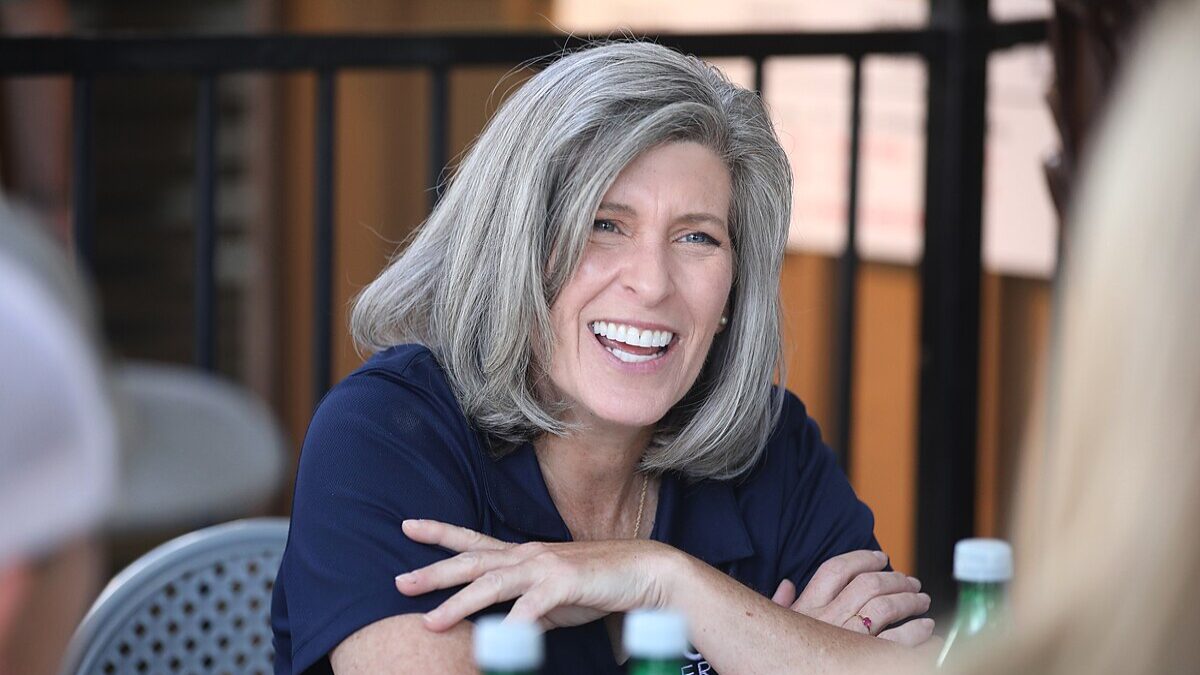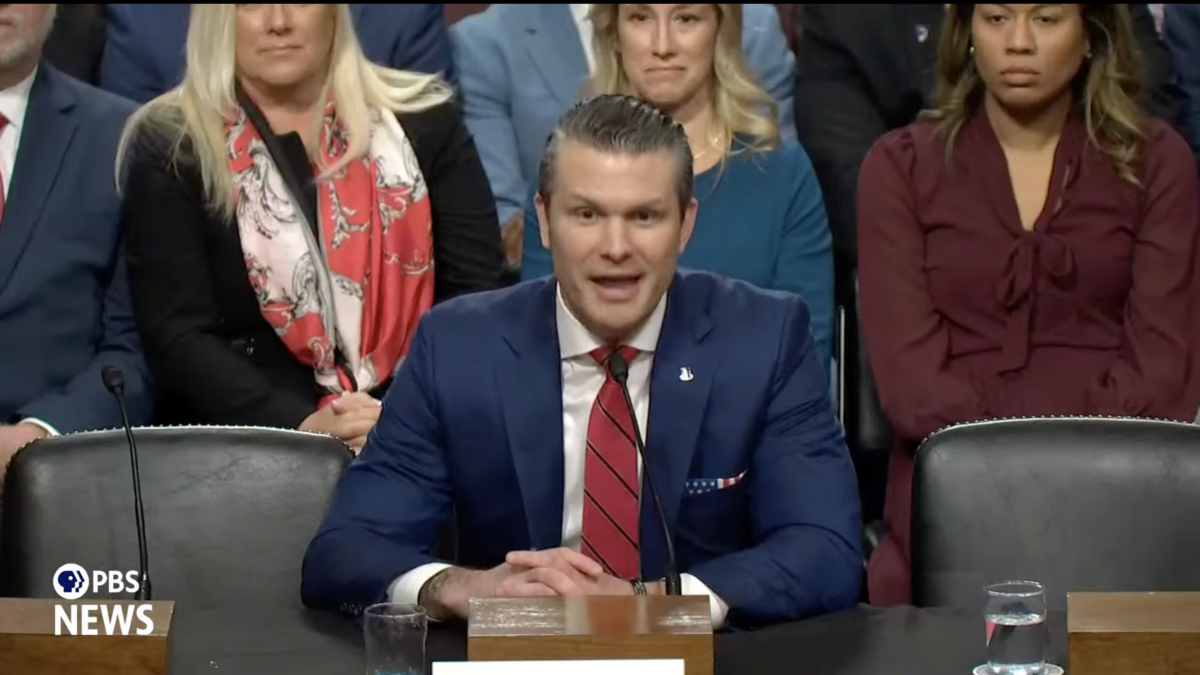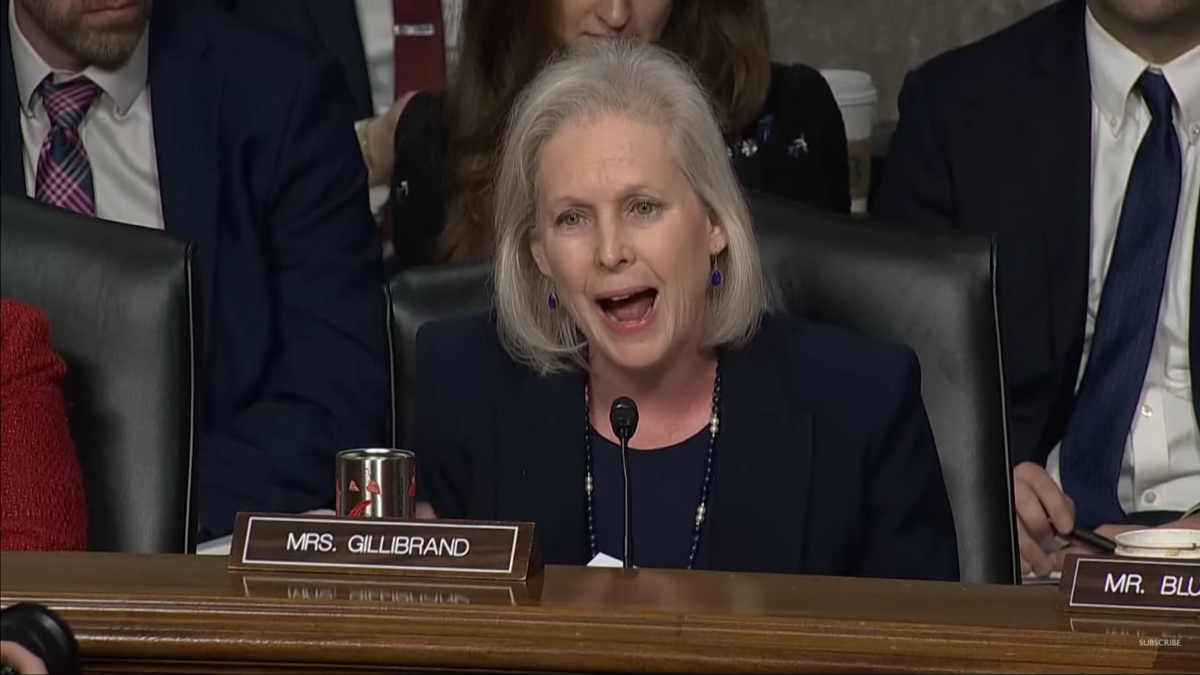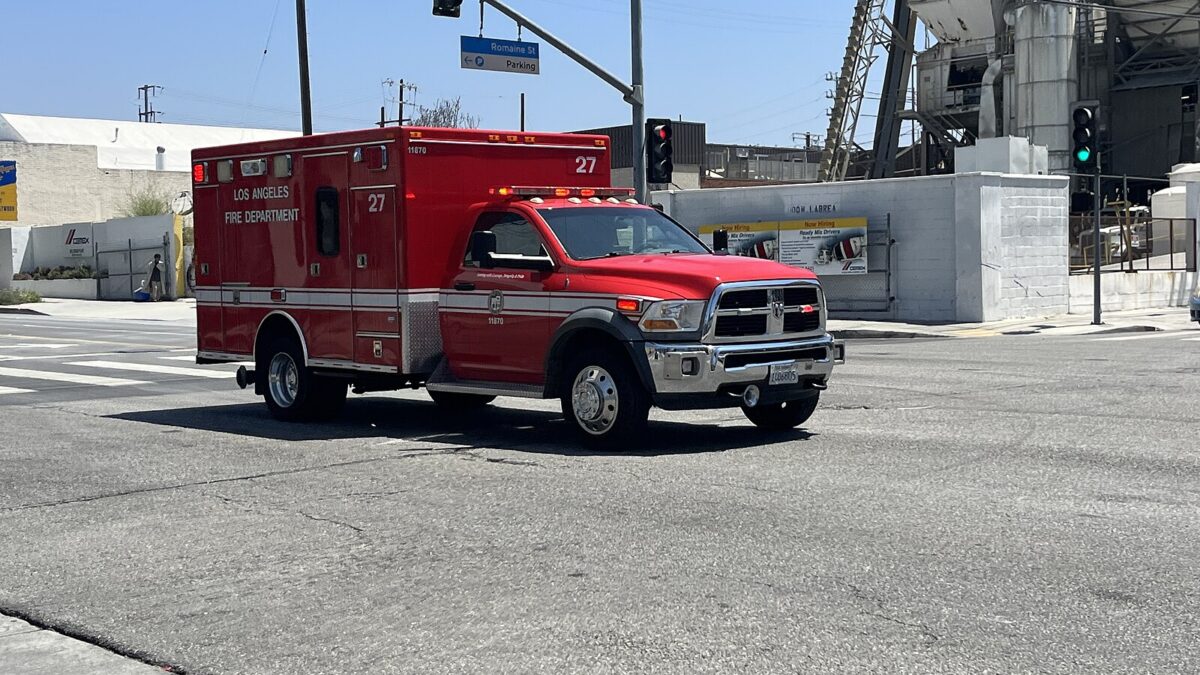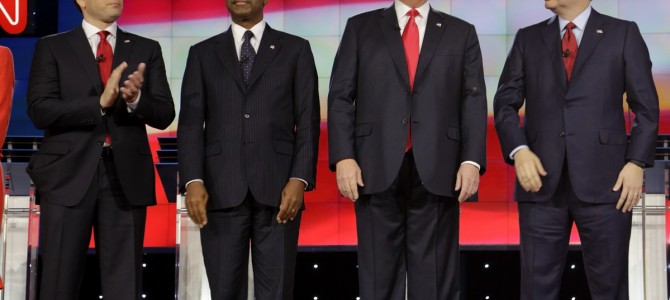
Alabama, Alaska, American Samoa, Arkansas, Georgia, Massachusetts, Minnesota, Oklahoma, Tennessee, Texas, Vermont, and Virginia had primary contests for the Democratic and Republican parties yesterday. As expected, Hillary Clinton and Donald Trump came out on top in accrued delegates, but those results might be the least interesting of the night. Let’s look at a few other things that happened.
Trump Underperformed
The Washington Post’s Monday story about the primary contests said, “the only one Trump is not expected to win is Texas, where Cruz appears to be the favorite.” Bloomberg predicted he’d win all but Texas. Politico predicted he’d trounce everywhere but Texas. And CNN said Trump would likely “barnstorm” to victory in those 10 states, adding that Trump had nationwide support of just under half of all GOP voters. He didn’t come close to that level of support on Tuesday except in Massachusetts, and was as low as 26% elsewhere.
He lost Texas to Cruz, as expected. But he lost it bigly — some 17 points. He also lost Oklahoma to Cruz. And then Cruz went ahead and won Alaska to boot. Minnesota went for Marco Rubio, his first state victory. Trump also underperformed in other states, such as Virginia. The Real Clear Politics average of polls headed into the contest was near 15 points. He won by 2.8% over Rubio. That meant Trump got 17 delegates to Rubio’s 16. His wins in Vermont and Arkansas were by similarly small margins.
A Good Night For #NotTrump
One’s perspective on the efforts to keep Trump from winning the Republican nomination depend a great deal on one’s emotional state headed into Super Tuesday. If you spent last week, post-South Carolina, wearing sackcloth and ashes, despairing for the republic, you were elated by Super Tuesday’s results. If you (naively) thought the race was still a tough but more-or-less winnable contest for Cruz or Rubio, you are probably putting your sackcloth and ashes on right now.
The #NotTrump effort really got going after Marco Rubio came out guns blazing in Thursday night’s GOP debate. He and Cruz, who had already spent time going after Trump, landed healthy 1-2 punches focused on everything from Trump’s lack of substance on policy to his reputation as a con man. Counterintuitively, establishment Republican Chris Christie’s embrace of Trump post-debate also helped the #NotTrump effort as members of the majority of voters who oppose Trump realized that they needed to act quickly to keep a cascade of other politicians from endorsing.
There were ads about victims of Trump University and rallies where Rubio mocked Trump. Trump also helped out the #NotTrump effort by declining to renounce the racist Ku Klux Klan or the racist David Duke, claiming not to know enough about them. He later backtracked, a rarity.
Despite the late start, there is every indication that even a few days of this effort produced results. Oklahoma was supposed to be a blowout for Trump. Instead of winning by 11 points, he lost by 6. Virginia was supposed to be a blowout for Trump. Rubio picked up 12 points there. Trump was touting polls showing Cruz with only a 1-point lead over Trump (though the RCP average was 9). Cruz ended up crushing Trump by nearly 18 points. And then Alaska went for Cruz. Trump did rock it in Massachusetts and had easy wins elsewhere.
Does it matter if Trump still won most contests? Maybe, maybe not. But that the anti-Trump efforts really only got going a few days ago and produced this much in results should embolden those behind them to push to get the message out to more people.
Voter Turnout Disparities
These Tuesday contests continued a pattern of record-breaking turnout for Republican primary voters and decreased turnout for Democratic voters (Colorado saw more Democratic voters than they had in 2008). Only Vermont didn’t have record-breaking turnout for its Republican primary, and it was still way up over the last contest. Many of the states whose contests were held on Super Tuesday hold open primaries, which means traditionally Democratic voters could be crossing over to vote for Trump or another candidate. No matter the cause, the excitement of both Trump voters and those seeking to stop him is palpable and contributing to the voter turnout.
Hillary Clinton’s Big Night
Clinton won Virginia, Tennessee, Alabama, Georgia, Arkansas, Texas, and even Massachusetts, a commonwealth Bernie Sanders’ team really hoped to compete in. He did win his home state of Vermont, as well as Oklahoma, Minnesota, and Colorado. Unlike the unbelievable drama playing out in the Republican primary, the Democratic Party is playing much more conventionally. Clinton’s winning big with black voters, a key constituency for the Democratic Party, and only has one opponent to fend off. The party also benefits from a strong structure, compared to the relative lack of power held by Republican Party leaders.
Front-Runners Pivot To General
Both Clinton and Trump tried to move to general election rhetoric in their Super Tuesday remarks. Clinton attempted to sound congenial in her remarks, which you can watch here.
Hillary doesn’t mention Trump, but says, "trying to divide America by us versus them is not going to work.” pic.twitter.com/f8G4UJd0TH
Jim Roberts (@nycjim) March 2, 2016
“Worked pretty well for the current occupant of the [White House],” joked Stephen Miller.
Clinton’s message is a great message, but one that will be difficult to pull off by the woman who recently said her chief enemies were Republicans.
Trump held a press conference instead of a victory speech. Rumors swirled before the press conference that it would feature Republican Gov. Rick Scott of Florida endorsing Trump. The conference got off to a late start and featured the suddenly awkward and creepily deferential Chris Christie introducing “Mr. Trump.” The setting of the press conference, the gilded-ish Mar-a-Lago, suggested that Trump thought the night might go better than it had. But the press conference also featured Trump softening his hard-line immigration stance, emphasizing “unity” every few words, and talking about the concerns of the working man. He also praised Planned Parenthood, the billion-dollar abortion corporation that receives hundreds of millions of dollars in taxpayer funding each year.
As NPR reporter Jessica Taylor said, “Trump actually sounds like a general election candidate tonight. That’s the goal of this very tame press conference.”
Trump observers certainly expected him to change positions on what he’d claimed to believe, but they thought that would happen after he’d locked up the GOP primary, in order to appeal to general election voters.
Split Or Consolidate The Vote?
Election observers had long thought the effort to squash a Trump nomination required a consolidation of the non-Trump field. And there are arguments to be made for that, as those resistant to Trump’s rhetoric are showing some resolve. But it’s also true that there’s a complex brew of factors that might mean everyone can stay in to their own benefit, and the benefit of the efforts to stop Trump.
First off, who would get out? Rubio won Minnesota but Cruz has won in Iowa, Texas, and Oklahoma. Sure, Kasich may have cost Rubio the win in Virginia, but Kasich’s also the best option for winning his state of Ohio, an important winner-take-all contest.
And while Cruz has previously shown much strength, many of the upcoming primaries are in states with demographics more like Minnesota than Texas or Oklahoma. Cruz and Rubio have shown strength in states with closed primaries, where Democrats can’t switch over to vote for Trump.
Trump is dominating and on path to the nomination. No one else has a good path, except if they all keep fighting to keep Trump from getting the delegates he needs. Expect much more discussion about whether people need to get out or stay in.
Evangelical Voting
A Vox essay about some unpublished voting research said a “voter’s gender, education, age, ideology, party identification, income, and race simply had no statistical bearing on whether someone supported Trump.” Neither did whether or not they were evangelical. What did have a bearing, however, was whether they valued conformity and order and protection of social norms. That’s interesting in and of itself, but note this:
I did find one soft spot in Trump’s support. Regular, weekly church attendance — as measured by a standard Pew Research question included in my survey — predicted a statistically significant and substantive opposition to Trump.
Could this partly explain why Oklahoma and Texas went for Cruz? A friend posited that the explanation might have more to do with alienation. She noted that Massachusetts Republicans went overwhelmingly for Trump, compared to those in Texas and Oklahoma. Could it be because conservatives there are “voiceless,” feeling silenced and in the minority, told that they should bite their tongues? Could that feed into Trump support in a way that won’t be realized in places like Texas where conservatives have significant voice in how they run their state?
Also, political reporters have struggled, with varying degrees of success, to understand why Trump has some support among evangelicals, given his claim to have never needed to ask for forgiveness, his open embrace of adultery, his own marital failures, and his shallow understanding of religious liberty. There are excellent arguments as to why some evangelical Christians support him that have merit, such as Ben Domenech’s here.
But it’s clear we have much more to learn about who is supporting and who is not supporting Trump. To that end, note the results for the precinct where Liberty University is. School president Jerry Falwell had endorsed Trump, to the dismay of many other evangelicals.
Well, Trump appeared to place fourth there. Rubio had 44 percent, Cruz had 33 percent, Ben Carson had 14 percent, and Trump had only 8 percent.
Betrayal, And Two Primary Responses To It
Marc Ambinder had a great tweet about how to understand the GOP race:
In one GIF, the story of the GOP race. #SuperTuesday pic.twitter.com/G7PfKHXRkc
Marc Ambinder (@marcambinder) March 2, 2016
As the image above shows, majorities of voters in states across the country feel “betrayed” by GOP leaders. Jake Tapper asked people to weigh in on why they felt that way and the responses on Twitter were interesting. Many echoed sentiments I’d written about this Summer in this piece about disgust with the GOP.
But while some of the respondents were clearly voting for Trump, others who shared their anger were definitely not. A reporter friend said this exemplified the “Batman Begins” issue roiling the GOP.
You remember how Christian Bale’s Bruce Wayne wants to transform Gotham and fight crime and corruption. He is trained by Ra’s al Ghul (Liam Neeson) and the League of Shadows. The League of Shadows wants to transform Gotham by destroying it. Some GOP voters are going with the Ra’s al Ghul strategy of dealing with Gotham’s indisputable problems. Others seek a Wayne approach. Still others are the bad guys in Gotham. (How do people still not get that the Republican war right now is with the party establishment?)
In any case, from the perspective of the #NotTrump crowd, the tragedy is that the Ra’s al Ghul contingent is so powerful right at the moment that Gotham the GOP seemed poised to repent by putting forth an unbelievably solid field of candidates.
D.C. McAllister said, “There’s revolution afoot,” saying that passionate and fed-up Trump supporters are going with the French Revolution approach while the principled conservatives are going the American Revolution approach. This is what makes this election so exciting, and precipitous.






